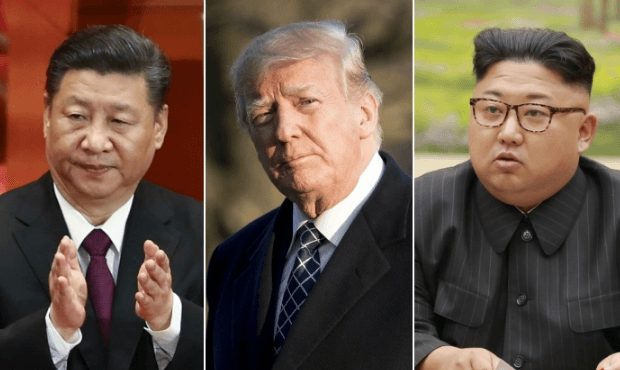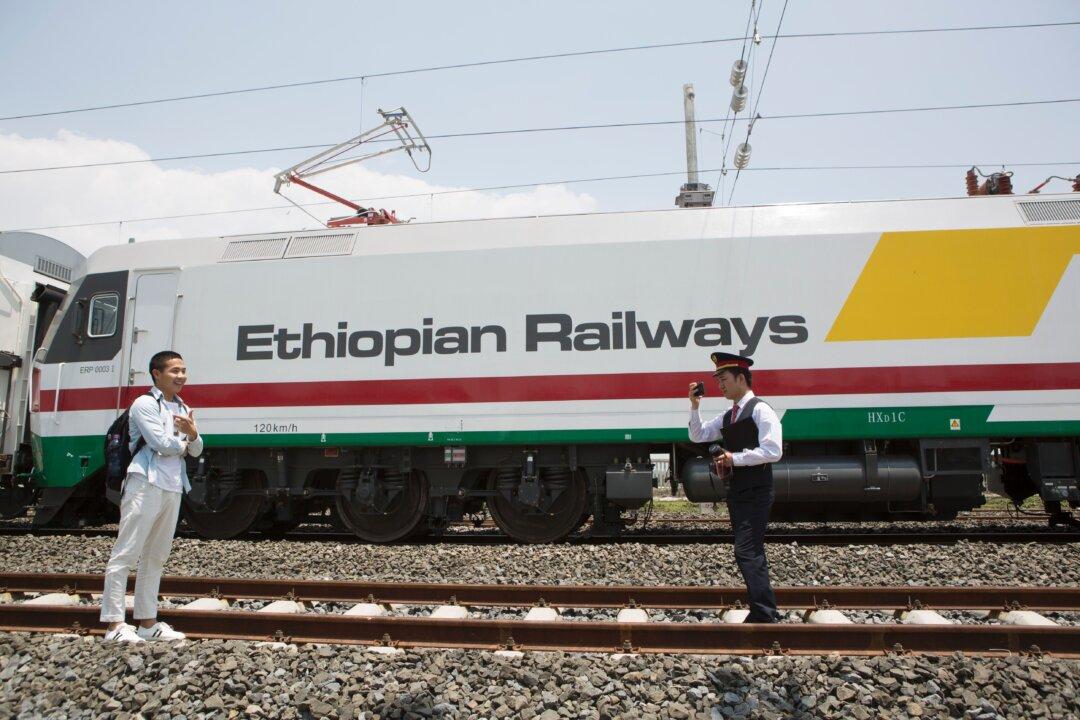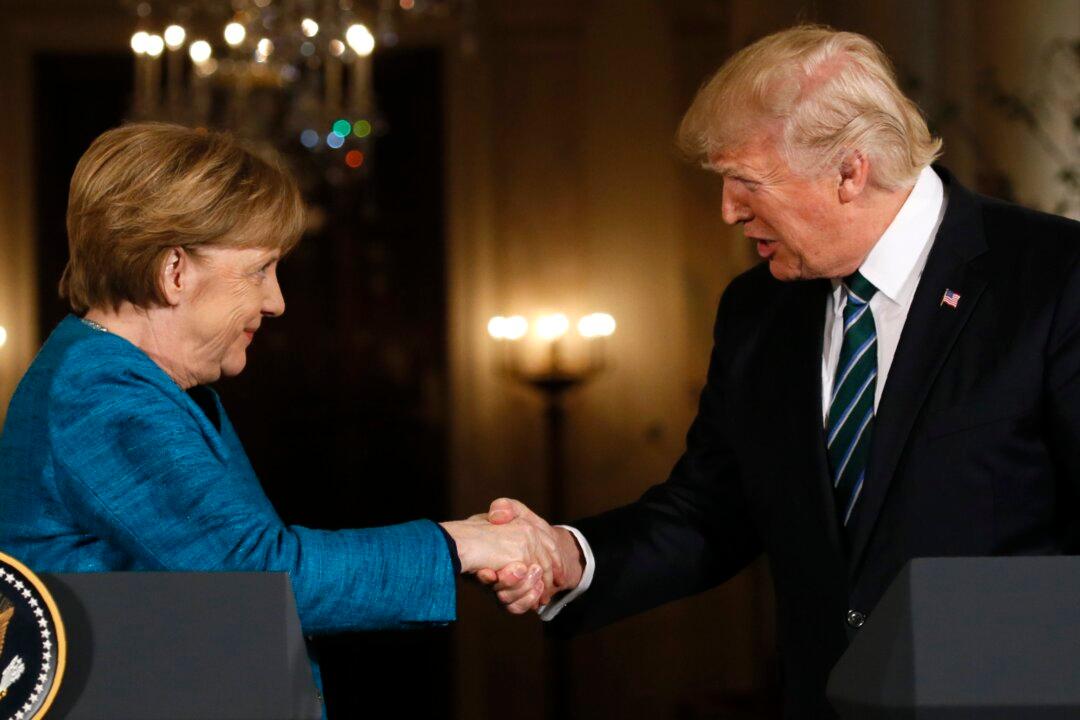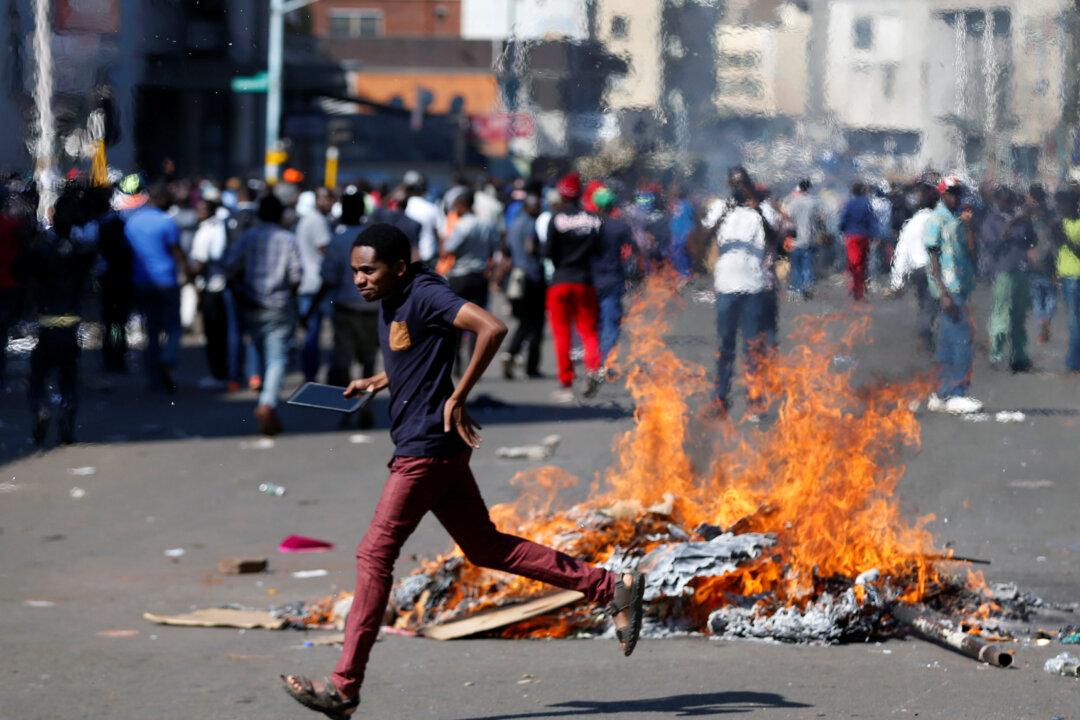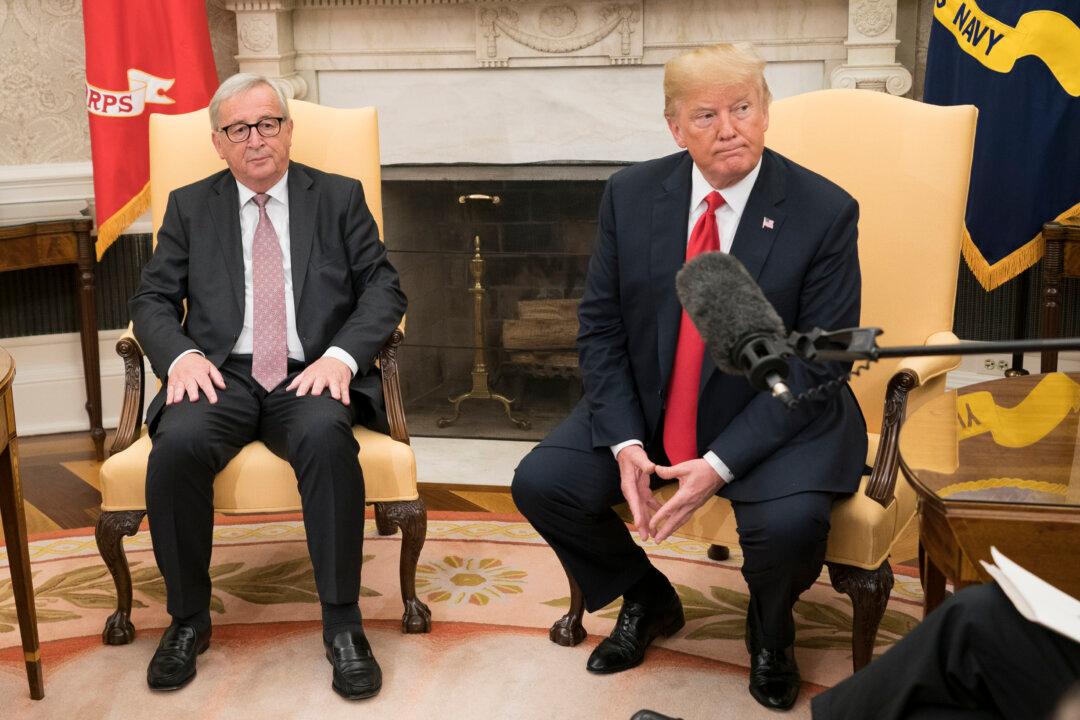Kim Jong Un, the North Korean ruler of the communist Kim dynasty, has followed in the footsteps of his father, but he is an unorthodox leader. Since he kept testing nuclear weapons material and threatened South Korea, Japan, and the United States with missile attacks, many consider him a nutcase.
However, Kim is not crazy. He follows his own logic–terrible and cruel, but logic, nonetheless.
